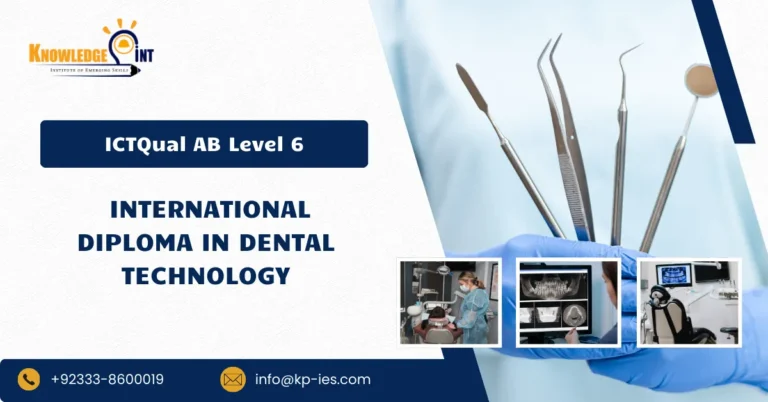Qualifi Level 4 Diploma
Information Technology
Awarding Body
Qualifi
Credits
120 credits
Course Type
Ofqual Regulated
study mode
Online Learning
Course overview
The Qualifi Level 4 Diploma in Information Technology is a career-focused qualification designed to provide learners with a strong foundation in essential areas of modern computing and information systems. The programme equips learners with both theoretical knowledge and practical skills in key IT disciplines, including computer systems, networking, databases, programming concepts, and information management. It serves as an effective entry point for those aiming to build a successful career in the IT sector or progress to higher-level studies in computing and technology.
This diploma takes a balanced approach by covering both the technical and business applications of information technology. Learners gain an understanding of how IT systems support organisational operations, improve efficiency, and contribute to strategic decision-making. Throughout the programme, learners also develop valuable transferable skills such as problem-solving, analytical thinking, technical troubleshooting, and effective communication, which are essential in today’s digital and technology-driven workplace.
The Qualifi Level 4 Diploma in Information Technology is ideal for individuals seeking careers in IT support, systems administration, software or web technologies, and technical services. It also provides a solid pathway for progression to higher-level qualifications in information technology, computer science, or information systems, supporting long-term academic and professional growth.

satellite centre of Paradigm UK
For Qualifi Qualifications

Entry Requirments
Entry Requirements for the Qualifi Level 4 Diploma in Information Technology.
- Educational Qualifications:Applicants should typically hold a Level 3 qualification or equivalent in IT, business, computing, digital media, or a related field. Relevant international qualifications may also be considered.
- Professional Experience:Applicants without formal qualifications may be considered if they have relevant work experience in e-commerce, IT support, digital business, online retail, or related roles.
- English Language Proficiency:Applicants must demonstrate a suitable level of English language proficiency, typically equivalent to IELTS 5.5 or above, or evidence of prior study or professional experience conducted in English.
Course structure
The Qualifi Level 4 Diploma in Information Technology consists of 8 units which are as follows.






